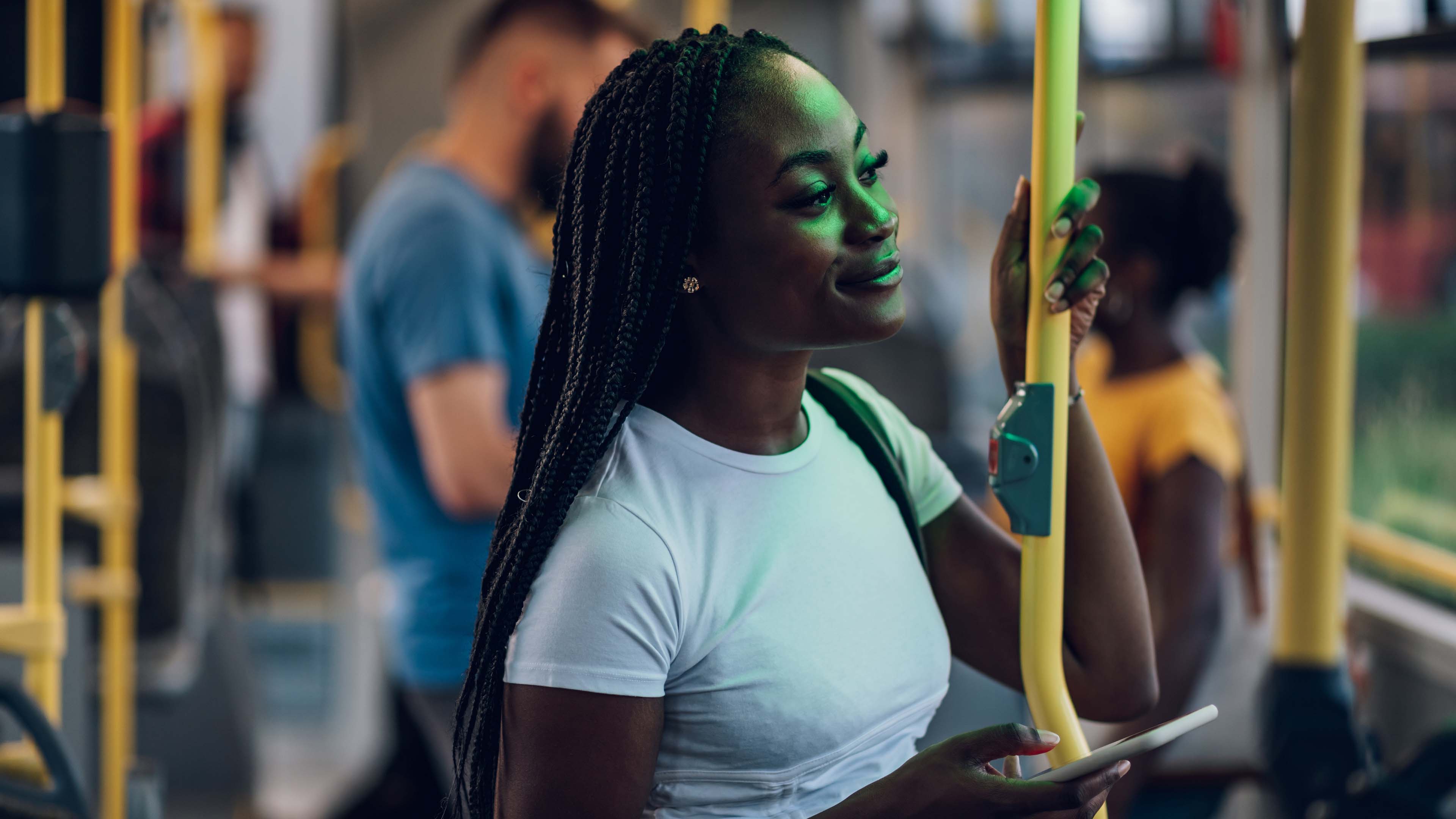Reinventing the Ride: A Creative Revolution in Passenger Transport Marketing
The Passenger Railway Services (Public Ownership) Bill received Royal Assent on 28 November 2024, one of the first government bills to be enacted in this Parliament, and a critical indication of the overhaul of the UK’s passenger transport system. It gave momentum to a shift to more public ownership of the UK’s passenger transport services with the aim to support and connect more communities through a better and more sustainable service.
Modal shift is increasingly facilitated by more integrated transport systems, where buses, trams, and trains are seamlessly connected, and supported by a technology ecosystem that gets more sophisticated by the day. On demand services will become increasingly viable for an ever more remote set of customers, and Mobility As A Service will mean efficiencies in targeted service provision - more peoples’ transport needs met more frequently in more places.
New Audiences, New Behaviours
For passenger transport operator marketing teams this opens up a world of new audiences to engage, new messages to craft, and new behaviours to change.
Some customers will take up these new services regardless. The underserved, no-other-option folk will likely start using these new services as soon as they arrive. They just need to be told that they’re available, and that they serve the right need.
In terms of BJ Fogg’s Behaviour change model, the ‘Ability’ is addressed; so the 3 elements required to align for behaviour to change - Ability, Motivation and Prompt.
They’ll be on board, so to speak.
This is only part of the story, however.
The Need for a Marketing Overhaul
The bigger marketing challenge remains persuading habitual non-users to opt for passenger transport services.
After decades of declining patronage, this might seem an impossible goal. Our best chance of success is to address the real reason passenger transport is ignored by so many.
There are many reasons people don’t consider public transport; Frequency, Cleanliness, Punctuality, Safety, Customer service and Value for money are all often cited as reasons people are put off.
So if we fix those, people will flood back on board, right?Not necessarily.None of those factors is the reason any of us first got on a bus or a train.
We first stepped on a bus or train because at that moment it was the best available option for us, to get to where we needed to be.
And for every bus or train we’ve taken since, for all the reasonable gripes we may have, when we’re on board, its because it’s still the best option available for that journey.
However, over many years the sector has either ignored or forgotten this simple fact. It’s often reluctant to talk positively about being the best option. It’s become overly focussed on features not benefits, because it’s the features that passengers complain about.
There are wonderful exceptions, of course. But for the most part, a perceptual vacuum has appeared, and it’s been filled with complaints about the ‘features’ of bus, train and tram travel. Which in turn has cemented the view among those that choose not to use passenger transport that the only possible reason you would do so is because it’s your only option.
But with the changes rapidly coming over the brow of the hill - technologically, economically, politically - perhaps now is the time for a more wholesale shift in how we communicate to persuade our avoiders and rejectors.
Going back to BJ Fogg’s model, this audience don’t just need the Ability - they also need fresh Motivation, and more intriguing Prompts, delivered more effectively, in order to bring about behaviour change. To persuade everyone that public transport is a smart option for them, for some journeys.
More than ever, though the sector needs to find ways to stand out against category norms, to give passenger transport new kudos, resonance and appeal.
It’s time for a creative revolution in the sector, and there’s never been a better time than now.

Case Study: Arriva #liveyourbuslife
We started working with Arriva Bus the last time there was a Labour Government in the UK.
The Challenge
We worked closely with them to activate their brand platform – Connecting Communities – through all their brand, passenger and promotional marketing campaigns.
But with ticket sales dropping across the sector, we needed to find a way to make the brand’s marketing budget work harder, and get people back on the bus.
The Journey
We developed fresh segmentation, undertook rigorous creative testing and explored new (sometimes uncomfortable) creative approaches to grabbing attention and getting people back on the bus.
One of the important segments to crack was Students.
Using our segmentation and creative insight work, we were able to challenge the established view within the category, and flipped the approach from product and service features, to being truly customer focused.
The Result
We launched #liveyourbuslife –a campaign that used the language of social media, and highlighted the benefits of a Student Saver ticket but in a really bold way for the category. It was the first Arriva Bus campaign that didn’t feature a single bus!
Knowing that the experience of bus travel was not appealing for our audience, we focused on the benefit it provides - helping them to experience their best life at uni – using a language that comes from their world.
We know students don’t get excited about bus travel, so we showed them how Arriva helps them do the things they do love – going out, spending time with friends, pursuing hobbies, getting fit, absorbing culture etc.
The Value
The campaign 11.2% YoY increase in student ticket sales.


